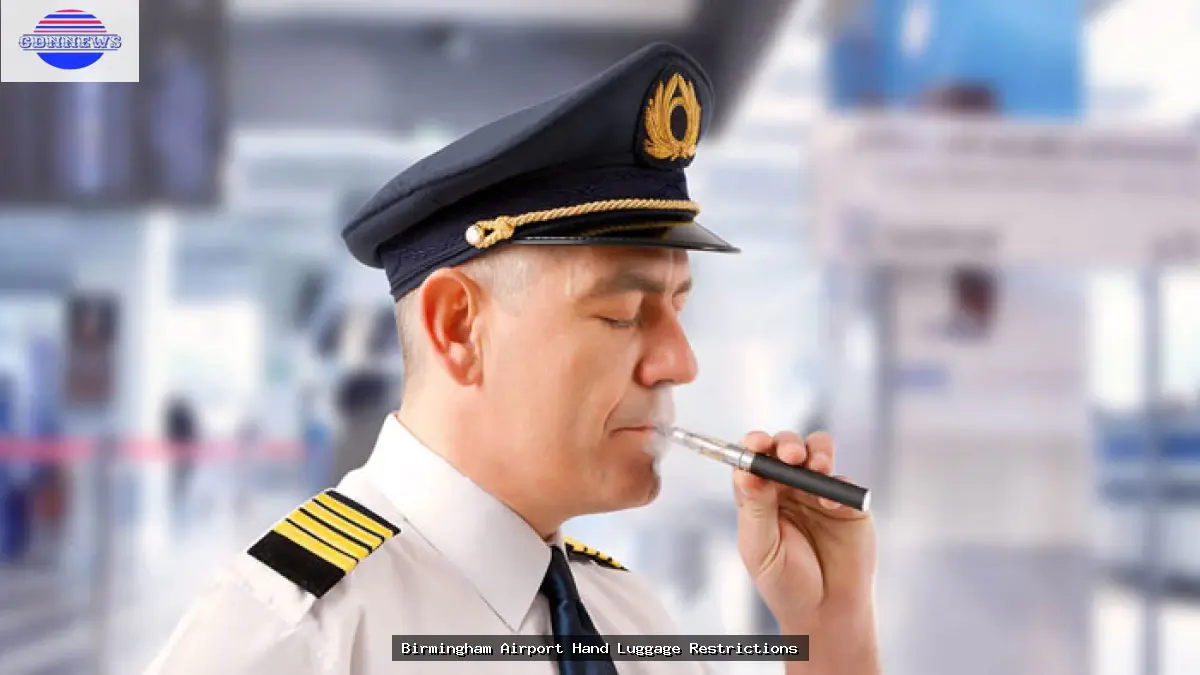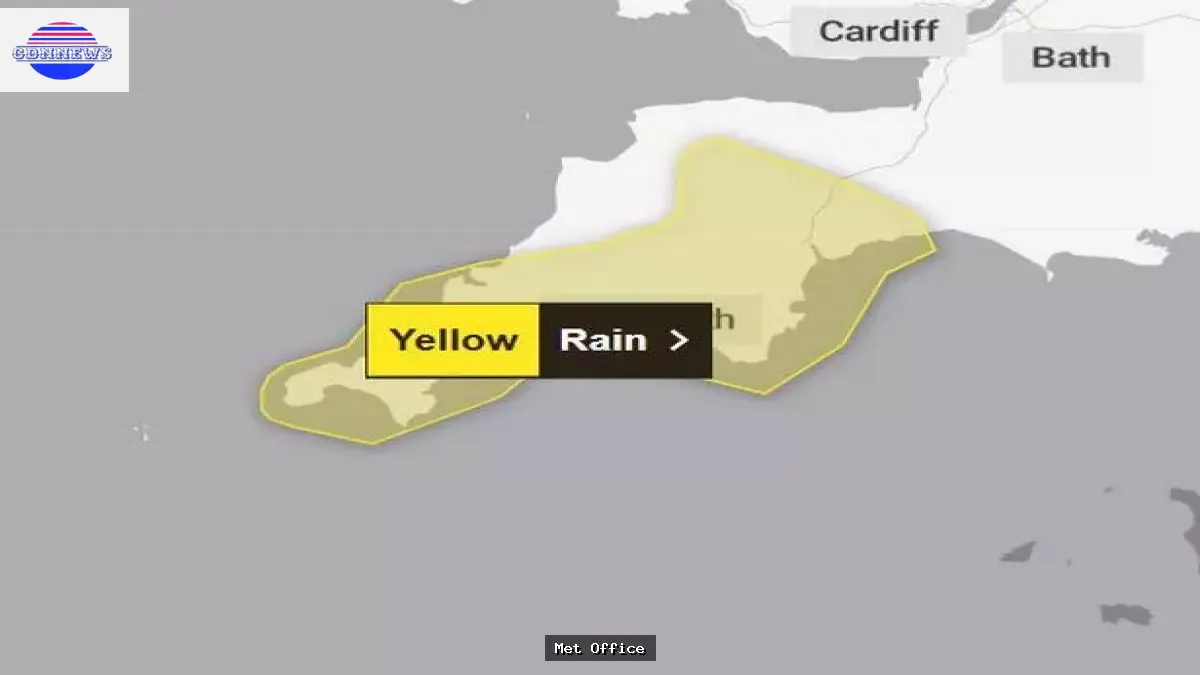Asian Hornets Threaten UK: Urgent Need for Vigilance and Reporting
- Update Time : 08:21:33 am, Thursday, 5 September 2024
- / 278
Asian hornets, which pose a serious threat to British honeybees and food supplies, have been sighted in England ahead of the peak season. This is raising concerns among scientists about their potential to establish a strong presence in the UK.
For the first time this year, UK experts have found evidence that yellow-legged hornet queens have survived the winter. These invasive insects, which were observed in record numbers last year, are causing alarm. Experts are urging the public to stay vigilant and report any sightings to help control the spread of these hornets.

Understanding the Threat
Asian hornets, also known as yellow-legged hornets, can severely damage native pollinators like honeybees. This impacts food security and ecosystems because honeybees play a crucial role in pollination. When nests are discovered, ecologists take action to destroy them.
Typically, sightings of Asian hornets peak from September onwards, when their colonies are more numerous. People are encouraged to use a dedicated phone app to report any hornet sightings.
The Asian hornet, which arrived in Europe from Asia via a pottery shipment to France 20 years ago, was first reported in Britain in 2016. Last year saw 72 confirmed sightings, and so far this year, there have been 25 reports, including the destruction of one nest. Since 2016, there have been a total of 126 confirmed sightings and 89 nests have been destroyed.
Rapid Spread and Detection
Asian hornets are predominantly found in southeast England, including areas such as Kent, Sussex, Surrey, Hampshire, and London. There have also been isolated sightings in southwest England, Yorkshire, and Northumberland. Almost all of Britain, except parts of Scotland, has a climate suitable for these hornets, which means their spread could be rapid without effective countermeasures.
Asian hornets are often confused with the European hornet, which is larger, with more brown coloring, and is an important part of UK wildlife. Unlike the European hornet, Asian hornets have a dark abdomen with a yellow band and are not attracted to lights at night.

Citizen Science and Action
Professor Helen Roy from the UK Centre for Ecology & Hydrology (UKCEH) and the University of Exeter emphasizes the importance of early detection. Although the overwintering of hornet queens is troubling, it doesn’t necessarily mean there’s an established population in the UK. The key strategy is to destroy nests promptly and rely on public reports to track these insects.
The Asian Hornet Watch app provides guides for identifying these pests and has seen an increase in the quality of photos submitted. Even though not all reports are confirmed sightings, every report helps manage the confirmed cases effectively.
Local Efforts and Education
In response to the growing threat, a team of beekeepers from Lincolnshire will visit the Channel Islands to learn effective strategies for combating Asian hornets. This collaboration with the Jersey Asian Hornet Action Team aims to protect honeybees and other vital pollinators. With over 70 nests discovered last summer, it’s crucial for volunteers to gain knowledge on how to handle this invasive species.
The Lincolnshire Beekeepers Association (LBKA) is actively working to address this issue. Asian hornets can destroy up to 90 honeybees per day, making their control a priority for local beekeepers and the wider community.
Call to Action
Residents are urged to report any sightings of Asian hornets by taking photos and using the Asian Hornet Watch app or contacting the National Bee Unit. Your vigilance can make a difference in preventing the spread of these invasive pests.



























